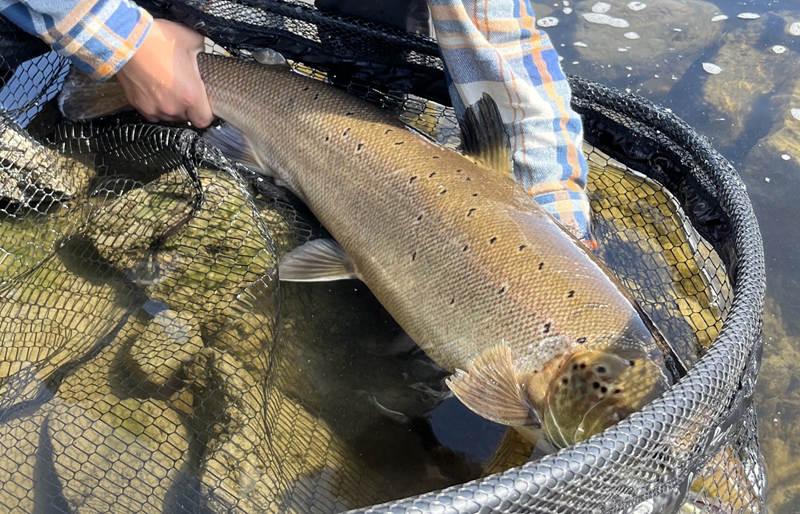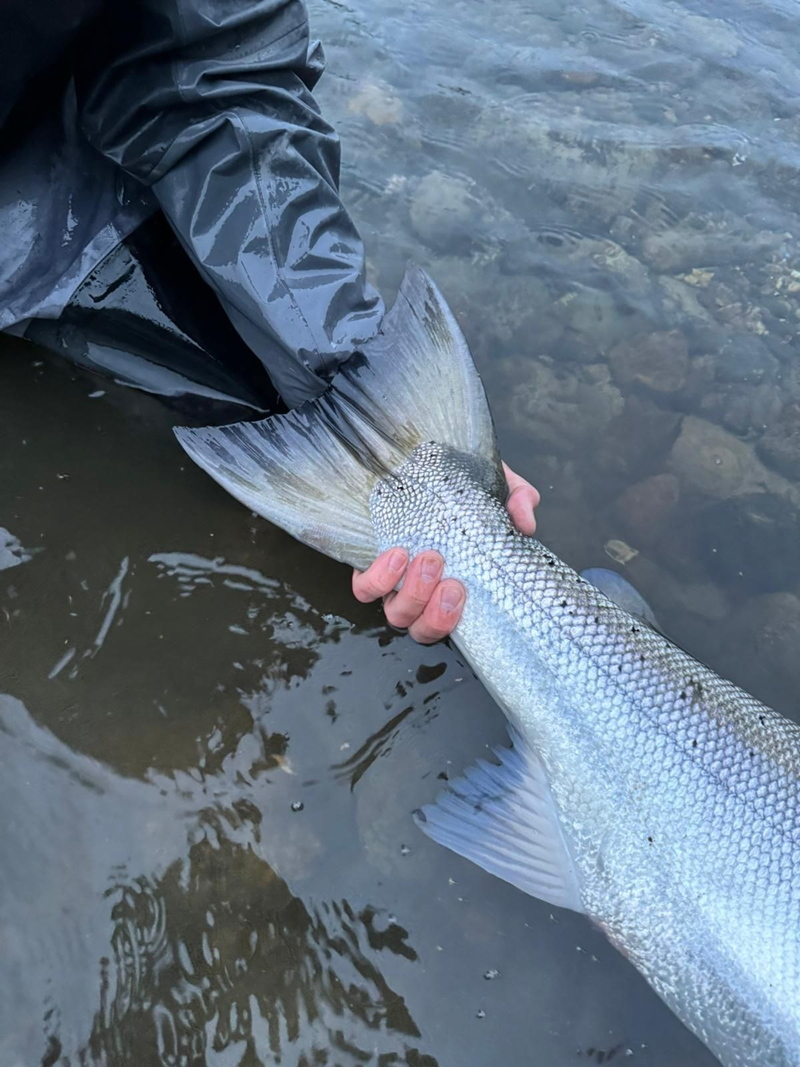What to expect when fishing in Scotland
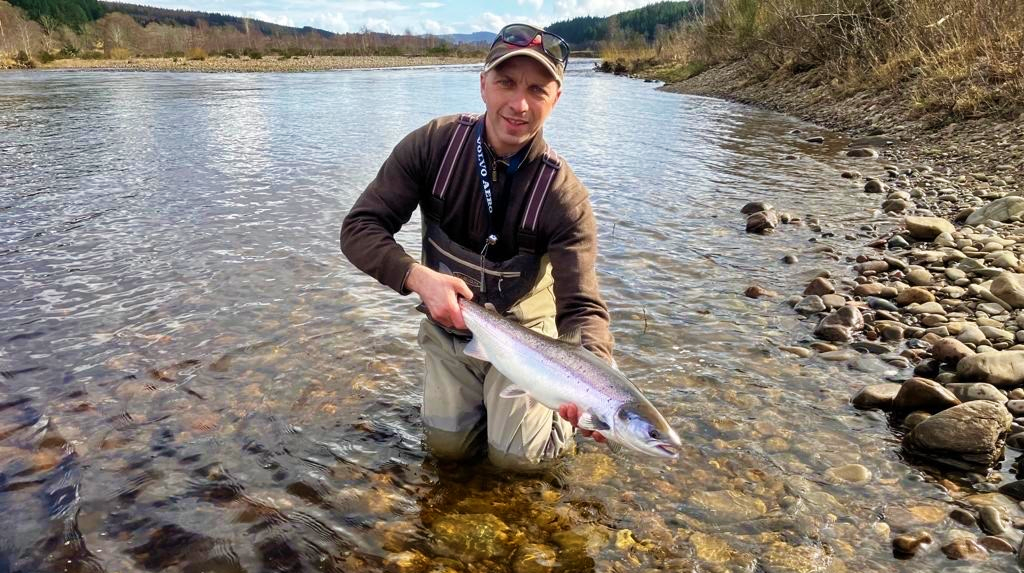
Fishing in Scotland
So, you’ve booked your first adventure to Scotland, what can you expect?
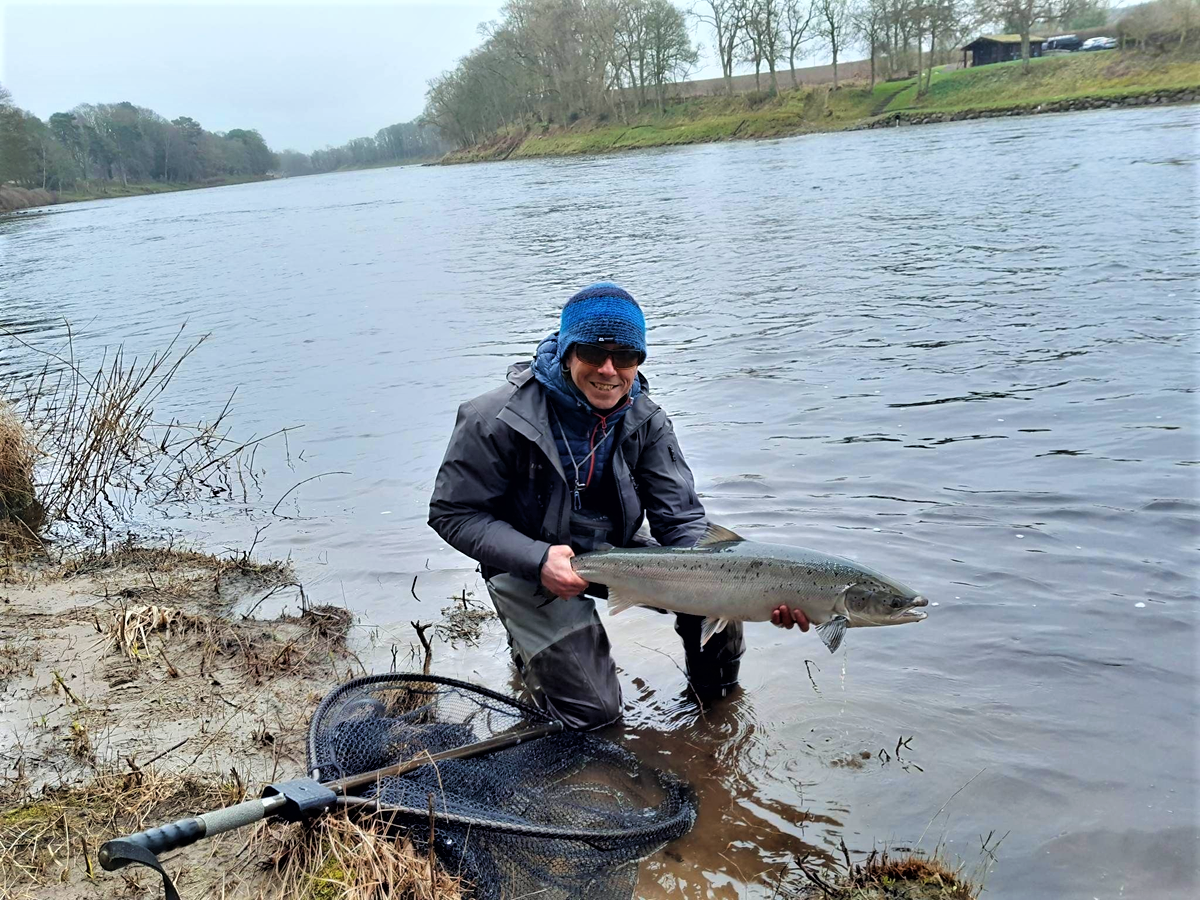
Beat Facilities
Lunch Bothy
Most beats in Scotland will have a fishing bothy where you can get tea, coffee etc and where you can eat lunch. Most will have a fire of some description either a coal fire or a wood burning stove to provide heat. Many will have mains electricity for lighting and appliances and to allow charging of phones etc but most will have no electricity given the fact that they are in remote riverside locations.
There will be cooking facilities in many huts, either mains powered or gas stoves. In most cases the bothy will have toilet facilities of some sort.
Lunch
Anglers will be expected to provide their own lunch.If they are staying in a hotel, the hotel may often provide a packed lunch is requested in advance. Otherwise, there are plenty of shops local to most fishing to allow the purchase of food and drinks.
Fishing
Boats
Where the beat operates boats, these will either be motorised or rowing but, in all cases, will only be operated by the ghillies provided by the beats. Under no circumstances will anglers be permitted to use the boats if there are no ghillies present, in the evening for example.
Where boats are operated there will normally only be one person permitted to fly fish from the boat but on occasion two people may spin from the boat.
Most beats operate a bank and boat rotation where you will fish part of the day from the boat and part of the day from the bank and the ghillie will determine the rotation at the start of each day’s fishing.
There are a few beats where they offer separate bank / wading tickets and separate boat tickets and anglers must choose which they wish to fish. It is important to note that taking a bank/ wading ticket normally means the services of a ghillie will be restricted to showing you where to fish and no further assistance will be offered.
Tackle
The best thing to do is to contact the ghillie ahead of your fishing date and ask what tackle to bring. In the spring (January to end May) it will usually be big double handed rods, sinking tips and tube flies, this moves into summer with smaller rods and smaller flies and then into autumn we move back to bigger rods and bigger flies and/or tubes.
Waders are a necessity on all rivers as wading will invariably be required at some point (and they also keep you warm and dry when not wading.
A wading staff is always recommended, and life vests can usually be provided by the beat and in some cases it is compulsory to wear these.
Clothing
A sensible approach to clothing should be followed, warm comfortable clothes in the early spring and autumn with summer clothing in the warmer months, though it can turn cooler in a summers evening.
Ghillies
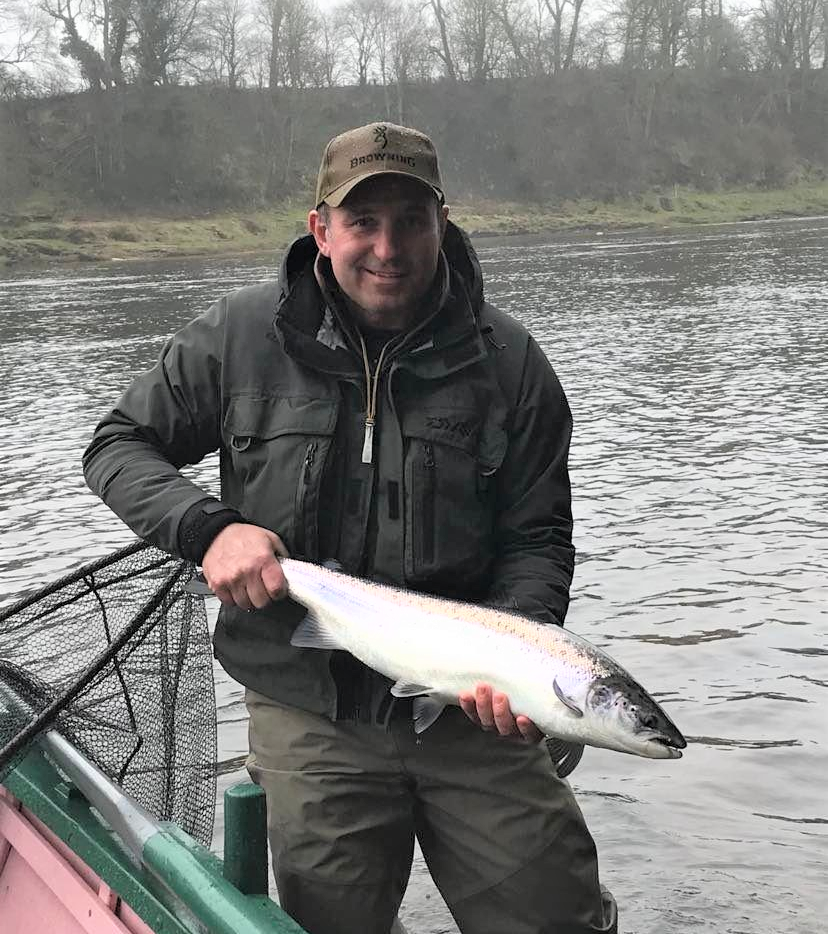
Ghillies are provided on most beats. Ghillies are not guides. The ghillie(s) spends their day looking after all the rods fishing and does not provide a one-to-one service. The ghillie is there to provide guidance, advice and provide detailed information as to likely lies, best approach to tackle etc, all depending on the time of year and the water heights when fishing. They will be there in the morning to meet and greet the rods and offer refreshments and will in most cases assist with the assembly of tackle.
In all circumstances the ghillie is in charge on his beat and his word is final regarding any fishing decisions to be made, especially as regards safety on the beat, and these must always be respected and followed.
It is customary at the end of an anglers fishing, whether that be for a day, or longer, to tip the ghillie as a thank you.The tip is usually paid for each day’s fishing, for instance the tip for three days fishing tip would be three times the tip for one day. The agent for the fishing can give advice as to what the recommended tip should be.
